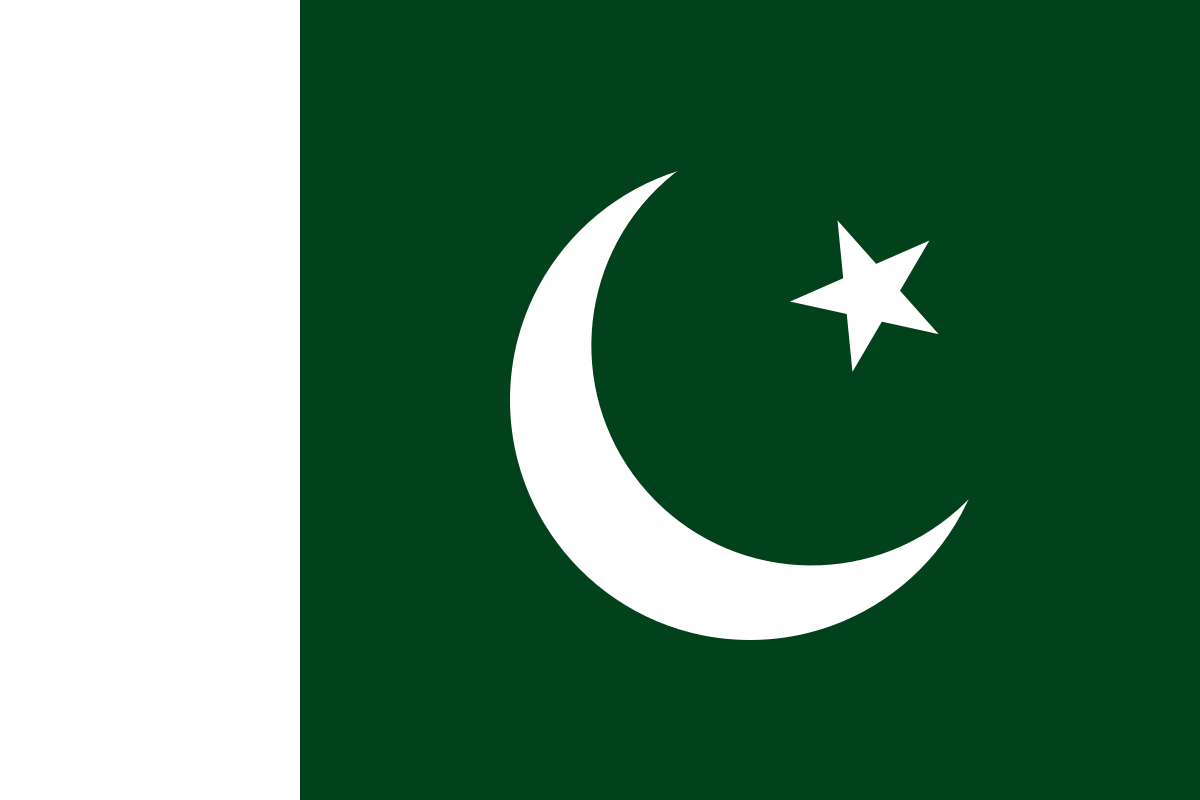Salma Faheem has not spoken to her husband, Mohammad, since June. That’s when he dropped her and their three children off in his home village of Dalma in Pakistan’s northwestern Khyber Pakhtunkhwa province because he could no longer afford to have them living with him in the southern city of Karachi.
Now instead of living in one room in an urban slum with water on tap and a gas-powered cooker, Salma has to walk an hour every day to fetch water and she must cook her family’s meals on a wood-fired stove.
“I hate it here,” she said by phone. “I loved it in Karachi.” Her husband is not happy either but he feels he had no choice.
Cash-strapped Pakistan’s $350 billion economy is in meltdown with low growth, a weak currency and spiralling prices.
The pain is being felt most keenly by those living on low incomes in cities. Some have decided that the only answer is to leave or to send their families back to their home villages, where they can live more cheaply thanks to family networks and assets.
Faheem, 33, found the 35,000 rupees ($123) he earns a month as a furniture handler and loader could no longer stretch to cover food, rent and tuition.
“In the village, the house is ours so it is rent-free,” he said. “(But) I loved having them around. I miss my children.”
Like other developing countries, Pakistan is heavily reliant on imports of oil, gas and other commodities, and has been hit hard by the Covid pandemic, the global slowdown that followed the war in Ukraine and floods last year that submerged a third of the country.
High fuel and energy prices have pushed inflation to 31.4% year-on-year in September, up from 27.4% in August, and there is little the new caretaker government, which took over in August, can do to rein in prices.
A $3 billion loan programme, approved by the International Monetary Fund last July, averted a sovereign debt default but reforms linked to the bailout, including an easing of import restrictions and a demand that energy and fuel subsidies be removed, have thrown oil on the inflation fire. The economic crisis is exacerbated by rising political tensions ahead of a national election scheduled for January.
With no relief in sight, some people in this nation of around 240 million are cutting costs the only way they can: by moving home to their villages.
“The decision to return to our hometown was not an easy one,” said Waseem Anwar, who moved with his wife and five children to the small dusty town of Chowk Marlay – about four hours from Lahore – in May.
His wages as a water filter and sanitary fittings installer could no longer cover rent, utilities, medical expenses and tuition in the city.
“Although the work opportunities here are not as plentiful, the reduction in my overhead expenses to about half … has provided great relief,” said Anwar, who now works as a plumber.
Alleviate suffering
There is no immediate data available on the total number of people who have moved back to villages in recent months, but researchers cite substantial anecdotal evidence based on dozens of conversations with so-called reverse migrants and their relatives.
One reason that hard figures are difficult to come by is because the 2023 Census operation meant the labour force survey, normally carried out every two years by the Pakistan Bureau of Statistics, has been delayed indefinitely, explained Bilal Gilani, executive director of research firm Gallup Pakistan.

